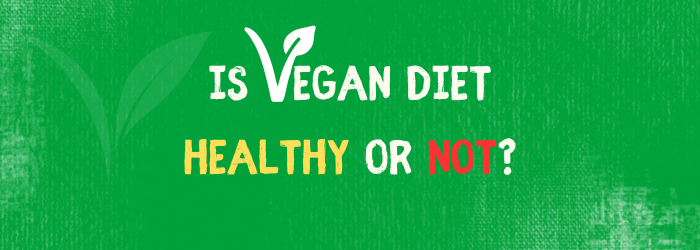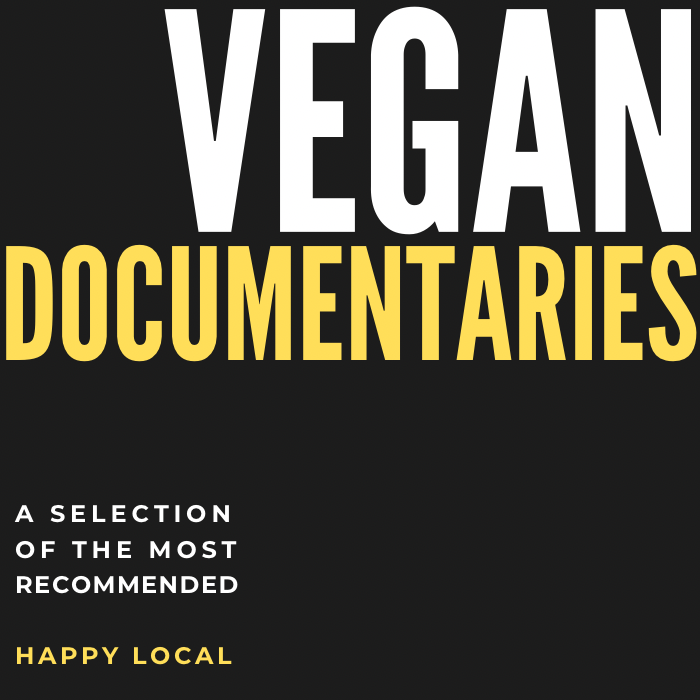
Veganism has been growing in popularity in recent years. The number of people adopting veganism or reducing their consumption of animal products has been increasing due to various factors such as ethical concerns, health considerations, environmental awareness, and animal welfare issues. The exact percentage of vegans worldwide can vary significantly across countries and regions.
Therefore, we often come into discussion about veganism and different aspects of that.
One of the main topics discussed is the healthiness of vegan diet.
” Is it healthy to change diet to vegan? “
There are different claims and generally out of ignorance. For example, many people might believe it’s impossible to provide the required proteins by eating only vegan or there are people who believe they have to drink milk to supply the calcium their body needs.
Even the cow itself does not need milk after it has grown up.
A vegan diet can be healthy when well-planned and balanced, providing all the necessary nutrients required for optimal health. Numerous scientific studies have shown that properly planned vegan diets can offer various health benefits and be nutritionally adequate for individuals of all ages, including infants, children, adults, and seniors.
When following a vegan diet, it is crucial to ensure an adequate intake of key nutrients such as protein, iron, calcium, vitamin B12, omega-3 fatty acids, and zinc. Plant-based sources of these nutrients include legumes, tofu, tempeh, seitan, nuts, seeds, whole grains, fruits, vegetables, and fortified plant-based products.
The health benefits associated with a well-balanced vegan diet include:
- Lower risk of chronic diseases: Studies have shown that individuals following a well-balanced plant-based diet have reduced risk of heart disease, hypertension (high blood pressure), type 2 diabetes, certain types of cancer (such as colorectal and prostate cancer), and metabolic syndrome. The high intake of fruits, vegetables, whole grains, legumes, and nuts in a vegan diet contributes to this reduced risk.
- Improved weight management: Vegan diets, when properly balanced, can support healthy weight management due to their higher fiber content and lower energy density. Plant-based diets are often associated with lower body mass index (BMI) and reduced risk of obesity.
- Enhanced nutrient intake: Vegan diets tend to be rich in dietary fiber, vitamins C and E, potassium, magnesium, and folate, while being lower in saturated fats and cholesterol. This can contribute to improved nutrient profiles and overall health.
- Better digestive health: The fiber content in plant-based foods supportsa diverse and balanced gut microbiome for healthy digestion, may reduce the risk of constipation, diverticular disease, and certain gastrointestinal conditions.
- Improved heart health: Plant-based diets have been linked to lower levels of LDL cholesterol (the “bad” cholesterol), reduced blood pressure, and improved overall cardiovascular health. The exclusion of animal products, which are typically high in saturated fats and cholesterol, along with the increased intake of fiber, antioxidants, and healthy fats from plant-based sources, can contribute to improved heart health.
- Lower risk of certain cancers: Plant-based diets rich in fruits, vegetables, whole grains, and legumes have been associated with a decreased risk of certain types of cancer, including colorectal, prostate, and breast cancer. The high content of antioxidants, phytochemicals, and fiber in these plant foods contributes to their protective effects.
- Lower risk of kidney disease: Studies suggest that plant-based diets, when appropriately planned, may help protect against the development and progression of kidney disease. This is partly attributed to the lower intake of animal proteins, which can put strain on the kidneys, as well as the higher intake of plant-based nutrients that support kidney health.
However, it’s important to note that a poorly planned vegan diet that lacks essential nutrients can lead to deficiencies and potential health risks. It is recommended to seek guidance from a healthcare professional or registered dietitian to ensure proper nutrition and address individual nutrient needs when adopting a vegan diet.
Every individual has unique nutritional requirements, so it’s essential to personalize your diet based on factors such as age, gender, activity level, and any specific health considerations.

Read more related content to Veganism






